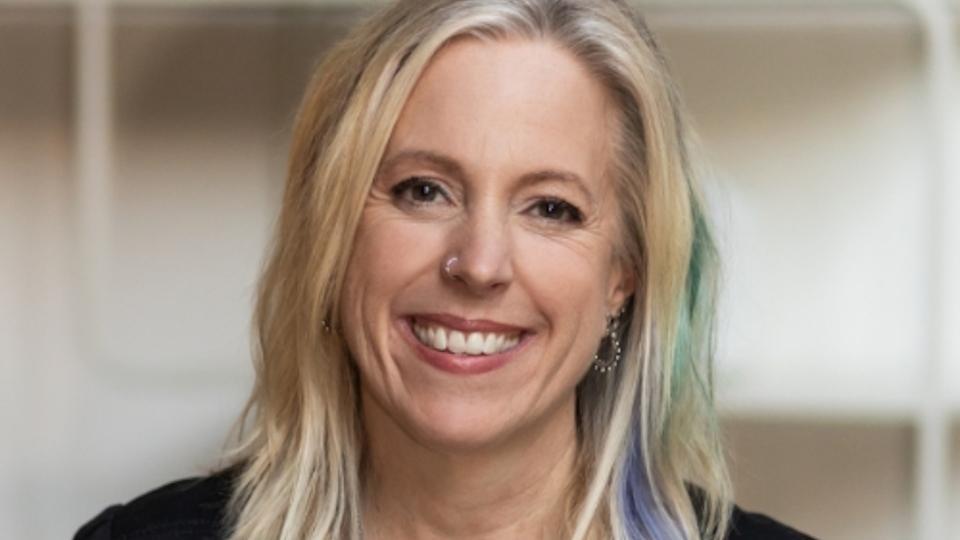Lykos CEO steps down after MDMA is rejected by FDA

The fallout from the FDA's recent decision not to approve Lykos Therapeutics' psychedelic treatment has spread to its senior management, with chief executive Amy Emerson stepping down.
Emerson has been at the helm of Lykos since 2014 and has been involved in the development of its MDMA-based midomafetamine therapy for post-traumatic stress disorder (PTSD) for more than 20 years. The drug – used alongside psychotherapy – was turned down by the FDA a month ago in what has been viewed as a setback for the emerging psychedelic medicines sector.
The CEO's departure comes after Lykos co-founder and longtime psychedelic medicines advocate Rick Doblin stood down from the company's board and the company launched a drive to reduce its headcount by 75% as it tries to get its application for the MDMA therapy back on track.
Chief operating officer Michael Mullette – a pharma industry veteran with experience at Moderna and Sanofi – has been named interim CEO, while Emerson will retain an advisory position at the company until the end of the year and will serve as an observer on the Lykos board.
Lykos has also elevated former Johnson & Johnson executive Dr David Hough, who was recently hired as a medical advisor, to the role of chief medical officer. He will now take the lead on Lykos' clinical development operations, as well as engagement with the FDA, as the company plans its next steps for midomafetamine.
Board chairman Jeff George said Mullette is "a highly experienced leader with the right background and skills to steer Lykos" as they "engage with the FDA and work to bring this pioneering treatment to patients in need."
There's no question that will be a challenging process, as Lykos was dealt a series of body blows this year even before the FDA rejected the PTSD therapy.
The influential Institute for Clinical and Economic Review (ICER) poked holes in the design of the clinical studies the company was relying on in its application, pointing to "functional unblinding in the clinical trials and additional concerns around trial design and conduct."
Those concerns were voiced ahead of an FDA advisory committee meeting that reached a similar conclusion, with nine of the 11 panellists voting that the data for the drug was not strong enough to show efficacy, and 10 concluding that the risks of the therapy outweighed its benefits.
Then, shortly after the FDA rejection, the journal Psychopharmacology retracted three articles about the treatment, on the grounds that there had been "protocol violations" at a study site and authors had failed to fully declare a potential competing interest – affiliations with MAPS BC, the former name for Lykos.
Emerson has previously said that a new phase 3 trial sought by the FDA could take several years and suggested it may be possible to address the agency's concerns with data in hand, as well as post-approval requirements. Now, Hough will lead the discussions with the regulator.
"We founded Lykos with a deep belief in the need for innovation in mental health, and I am deeply grateful for the privilege of leading our efforts," said Emerson. "While we are not at the finish line, the past decade of progress has been monumental. Mike has been an outstanding partner and is well prepared to step in and lead our next steps."












